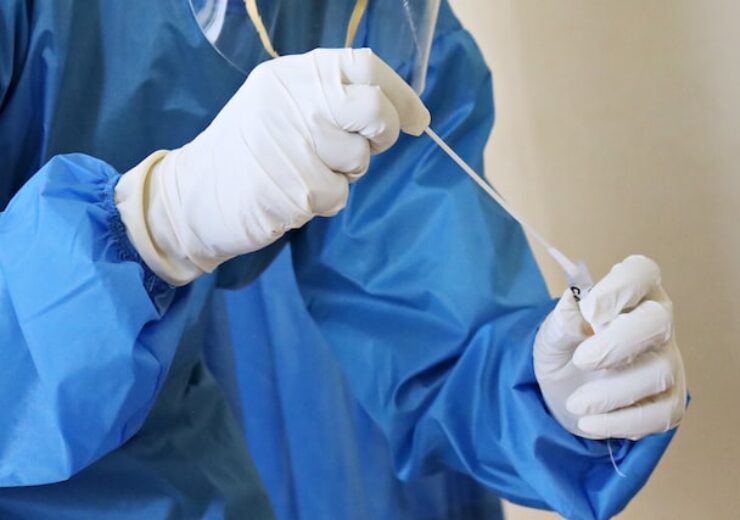The Quest Monkeypox PCR is the first lab-developed test to receive the FDA emergency use authorisation for detecting DNA from the monkeypox virus and non-variola orthopoxvirus, during the monkeypox public health emergency

Quest Monkeypox PCR uses lesion swab specimens. (Credit: Mufid Majnun on Unsplash)
Quest Diagnostics has received the US Food and Drug Administration (FDA) emergency use authorization (EUA) for its molecular diagnostic test to detect monkeypox virus.
The real-time polymerase chain reaction (PCR) test (Quest Monkeypox PCR) is designed to qualitatively detect the DNA of monkeypox virus and non-variola orthopoxvirus.
It uses lesion swab specimens from individuals suspected of Monkeypox virus infection, with an acute generalised pustular or vesicular rash, collected by healthcare providers.
The current FDA authorisation follows the US Department of Health and Human Services declaring the monkeypox virus infection as a public health emergency.
The US-based medical laboratories company said that its Quest Monkeypox PCR is the first commercially available monkeypox test to receive EUA in the US.
Quest Diagnostics R&D, medical senior vice president and chief medical officer Jay G Wohlgemuth said: “Quest is committed to developing high-quality diagnostic innovations to help respond to the monkeypox public health emergency.
“With this FDA emergency authorization, Quest is positioned to complement the response of public health laboratories and help fight the spread of the virus.”
With the EUA granted, Quest facilitates the sample collection for the monkeypox test through its nationwide network of physician offices and hospital partners.
In addition, the company allows patients with suspected or confirmed monkeypox infection to visit its locations for specimen collections required for other laboratory tests.
Quest suggests that the test results need to be used in combination with patient history and other diagnostic information, and not considered as the sole basis of treatment decisions.
Furthermore, the company developed the test understanding that viruses mutate, and features the ability to detect two different DNA targets.
Last month, Quest Diagnostics has rolled out a new obstetrics laboratory test panel to aid the screening of eligible pregnant women for hepatitis C (HCV), along with other lab tests.
